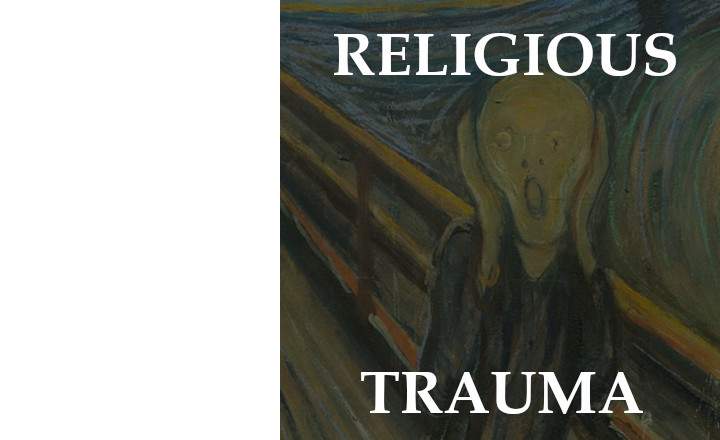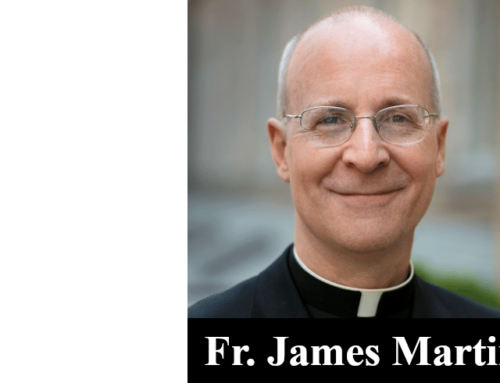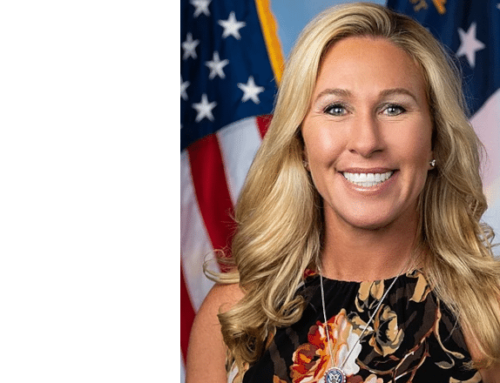Leave it to shrinks and therapists to find new victims to treat. One of their latest discoveries are those who allegedly suffer from religious trauma. The goal is to have this declared a mental illness.
Religious trauma is defined as “The physical, emotional, or psychological response to religious beliefs, practices, or structures that is experienced by an individual as overwhelming or disruptive and has lasting adverse effects on a person’s physical, mental, social, emotional, or spiritual well-being.”
That’s a mouthful. According to psychologist Marlene Winell, who coined the term “religious trauma syndrome,” at its worst religious trauma “is basically mind rape.” She called it a syndrome in 2012 because “the condition needed a name.” Smart move: It’s always good to put a name to something no one knows what you are talking about.
It basically refers to people who have had a bad experience with overbearing religious parents, members of the clergy, and the like. There’s nothing new about that. But it is quite a leap to claim that the overly zealous suffer from a mental illness. If anything, those who make such claims might be the ones who need professional help.
Winell was raised by missionary parents in Taiwan. She says they were too strict. Having experienced what she calls religious trauma syndrome first-hand, she contends that this condition applies to “people who are struggling with leaving an authoritarian, dogmatic religion and coping with the damage of indoctrination.”
If there is one place in American society today where dogmatic insistence on a core set of beliefs is commonplace, it is not in your local church—it’s in your local college or university. They are the masters of indoctrination.
But to people like Winell, who holds a Ph.D. from Penn State University, to maintain that higher education is the real bastion of “mind rape” is heretical. Like so many shrinks, she lives in a bubble. Consider that she practices her magic with patients in Berkeley, California, home to some of the most militant secularists in the nation. No matter, she is convinced that “There are so many places in the U.S. that are just saturated with religion.” Not where she lives.
Predictably, Winell says that liberal churches are not guilty of promoting religious trauma syndrome. She knows who the bad guys are and who their victims are. “There’s so much condemnation in conservative kinds of churches about being LGBTQ, that the trauma is felt as a direct attack on them.”
So where’s the evidence? In all my years of going to church I have yet to hear a single condemnation of LGBTQ people. In fact I have never heard a priest even mention anything about these people, and many wouldn’t even know what the acronym means.
Looking to find evidence to support Winell’s belief is not easy, though there was a journal piece in 2023 titled, “Percentage of U.S. Adults Suffering from Religious Trauma: A Sociological Study.” The researchers found that those who are the most likely to say they have experienced religious trauma, as determined by anxiety, stress, fear, depression, shame or nightmares, are mostly young people (18-34) and those with a college degree or graduate degree.
Many people suffer from anxiety and stress—for all kinds of reasons—so it is difficult to say what role religion played in these people; perhaps these conditions were due to something else and they conveniently attributed their malady to religion. It must also be said that bouts of stress are not necessarily a bad sign—they could be seen as functional to the task (e.g., the typical heart surgeon).
Also, if a person commits a shameful act, it is normal to experience shame. Indeed, it could be argued that in this situation, the most abnormal response would be shamelessness. But to those who look at the world through a secular lens, it is easy to conclude that religion is the problem.
It is not hard to figure out why young people are more likely to find religion disagreeable: their narcissism rebels against “Thou Shalt Not” commands. Similarly, the well educated are the most secular segment of the population, so their adversity to religion makes sense. What is more difficult to explain is why 21 percent of these “religious trauma” victims have been convicted of a crime. Maybe there really is something twisted about them.
Many studies have found that secular-minded people are much more likely to suffer from depression than their religious counterparts. We also know that psychologists are the least religious of all professors. So when the typical psychologist studies those who are disproportionately secularists, finding negative traits associated with religion is to be expected.
Dr. Darren M. Slade runs the Global Center for Religious Research, and his work on the subject of religious trauma led him to a rather harsh conclusion. “Using ‘mental illness’ as an insult or as a means to attack a belief system is not only inappropriate, but it also displays a lack of understanding and empathy.”
That’s being kind.







